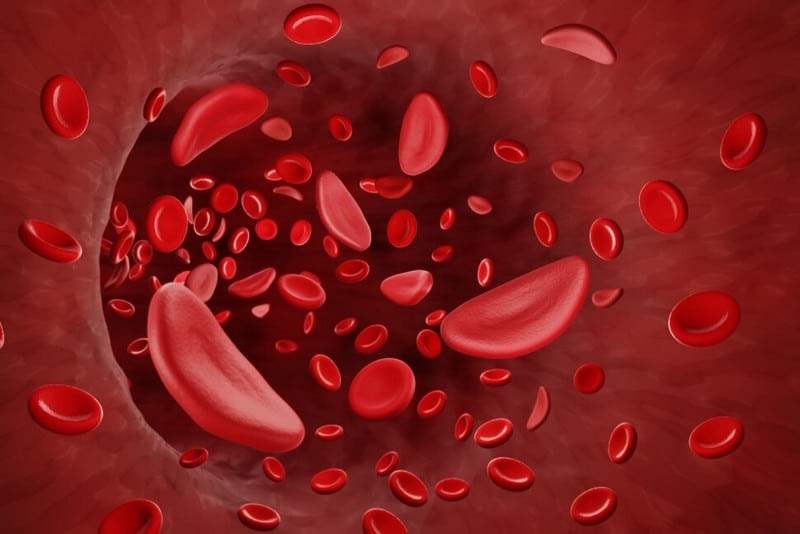Increased Turnover of Cells

The resting period involved in the time-restricted dietary practice of intermittent fasting improves autophagy, which serves the purpose of detoxification to rid the body of any damaged cells. A break from the consumption and digestion of food allows the body to heal itself, flush out toxins and waste, and clean out any cells that may contribute to the acceleration of aging. It can also promote longevity by promoting the repair of the body’s cells, enhancing DNA repair, minimizing cellular inflammation, boosting antioxidant activity, and more.
Intermittent fasting also appears to help maintain mitochondria, the cell’s energy-producing factories. And the cellular changes can carry over and improve health. One study conducted in Nutrients in 2019 concluded that the time-restricted diet, which the researchers defined as eating only between the hours of eight in the morning and two in the afternoon, improved the LC3A autophagy gene expression and the mTOR protein that helps regulate the growth of cells significantly.
However, the study was relatively small and involved only eleven participants who did intermittent fasting for four days. Thus, further research and studies are needed to confirm whether or not dietary practice can help increase the turnover of cells.










